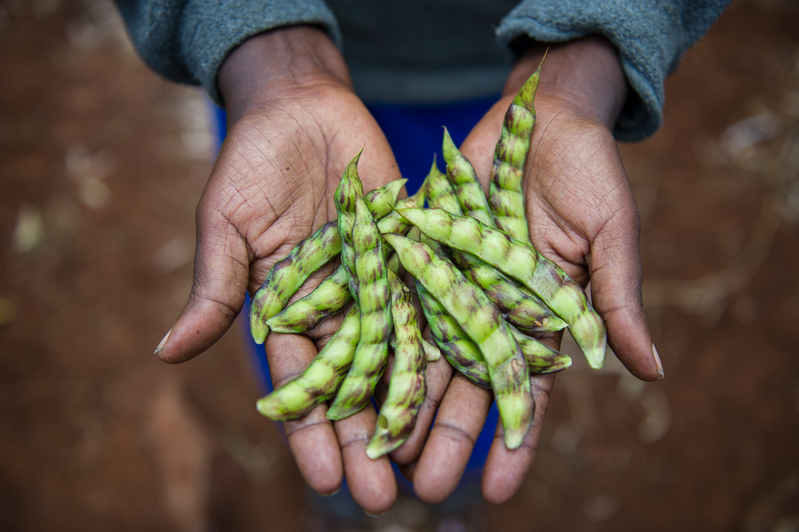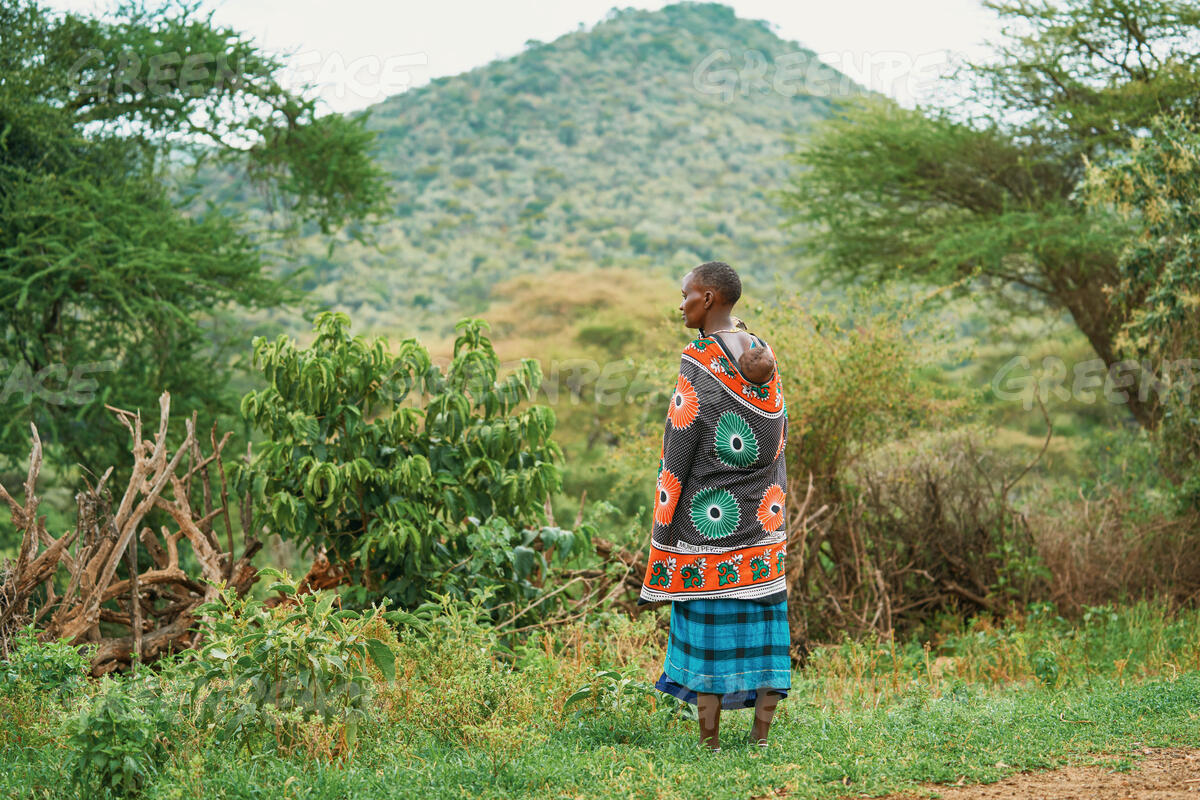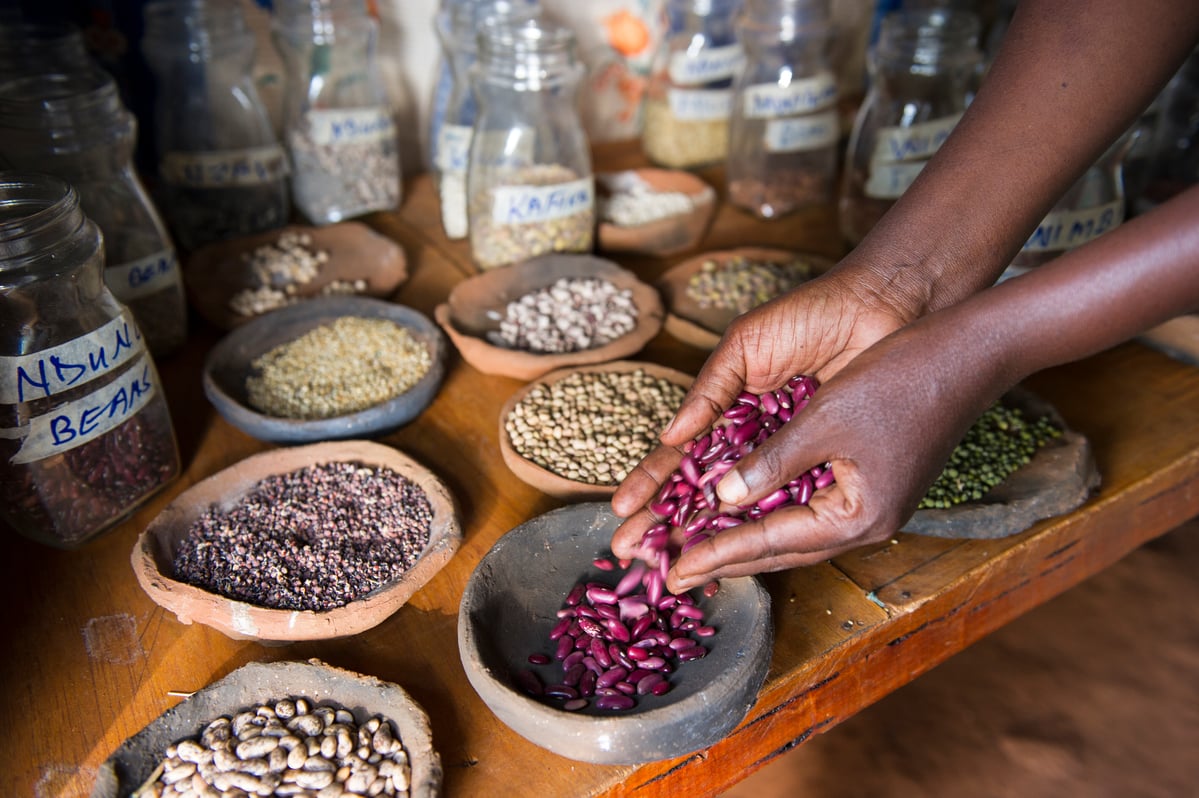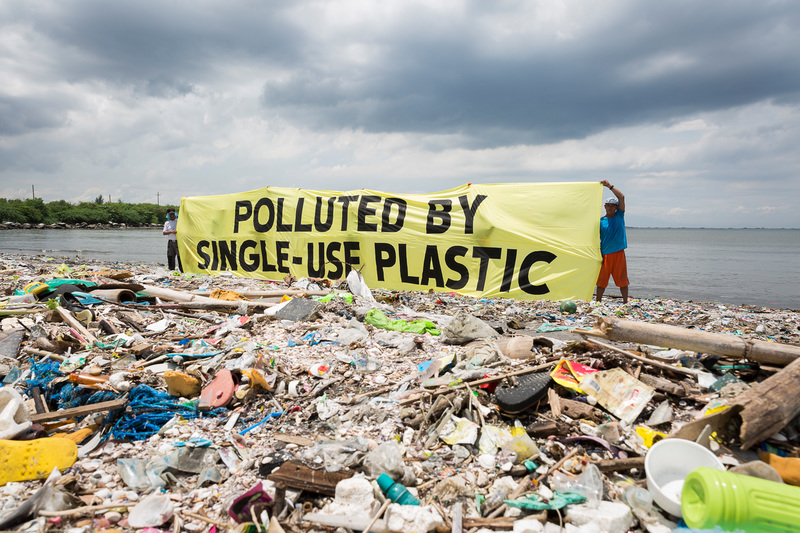Smallholder farmers produce 75% of the food consumed in Kenya today. Yet the Kenyan government is facilitating their exploitation and oppression by Multinational Corporations through draconian agricultural laws. Quite contradictory to the President fronting food security as one of his big four agenda. How can the country achieve food security when farmers are barred by punitive laws from producing food?
On the 3rd of June 2021, the country witnessed an uproar on the Livestock Bill 2021,with many taking to social media to express their discontent. The yet to be gazetted Bill has a clause that bars Kenyans from keeping bees for commercial purposes unless registered by the Apiary Act. The government through the Permanent Secretary for Livestock, Mr. Harry Kimutai tried to justify this by saying that the aim for registering beekeepers is to commercialise bee keeping instead of it being a traditional practise.
Beekeeping is one of the richest and oldest practice that has been carried out by forest and non- forest communities. It is part of the subsistence economy of the smallholder beekeepers who pass this indigenous knowledge from generation to generation and by virtue a way of life. It is an integral part of farming for many and a way of life for others, which cannot be stripped on mere ‘commercial’ arguments without assessing the full scope of what bee keeping represents to those who have been bee farmers for decades.
The Livestock Bill 2021, is designed to drive smallholder beekeepers out of honey production and pave the way for the multinational corporations under the disguise of commercialisation of the sector. It is no different from the Agricultural sector and transformation strategy 2019 to 2029, that seeks to shift farmers out of farming into ‘more productive jobs’ that allow for exploitation and impoverishment by the agricultural capitalists.
Speaking to the Nation Media on the 8th of June 2021,the Livestock Permanent Secretary, Mr Kimutai alluded to the fact that Kenyan honey has been contaminated with pesticide residues. If the government is indeed concerned about enhancing the production of honey, it should start by banning the use of toxic pesticides that are detrimental to bees and contaminate the quality of honey. Pesticides such as Deltamethrin have been found to be toxic to bees but are still used in Kenya.
The Bill under section 93 subsection(1), bars people from importing, manufacturing, compounding, mixing or selling any animal foodstuff other than a substance that the authority may by order declare to be an approved animal stuff. This offence attracts a fine of five hundred thousand shillings or imprisonment for a term not exceeding 12 months or both.
Smallholder livestock farmers in Kenya have been growing napier grass to feed their cows and even selling these napier grass to other farmers. Does this mean that they shall be committing an offence by growing their own feed and selling to their neighbours?
The other punitive regulation is the crops (Irish Potato) regulations 2019, that requires, transporters, traders and dealers to be registered with the counties, failure to which they face upto 5 million Kenya shillings fine, three years imprisonment or both. This regulation further punishes an unregistered farmer with a one year imprisonment or Ksh. 500,000 or both for growing a scheduled crop. It is not a coincidence to see capitalist driven organisations such as Alliance for a Green Revolution (AGRA) applaud the Potato regulations 2019 as a new dawn for farmers.
Through the Seed and Plant varieties regulations 2012, the government has once again failed to protect farmers from exploitation. Part 1 under definitions of these regulations, defines sell as including barter, exchange and offering or exposing for sale. This takes away farmers rights on seed sale, sharing and exchange which is recognised in the constitution.
These regulations also, under part 2 section 3, prohibit the selling of seeds which have not been certified in the prescribed manner. The adage practice of selling and sharing of seeds is further criminalised in section 7(5) which requires only seeds in the Variety index or National Variety List to be sold. This limits farmers from selling their varieties which they have been sharing, exchanging and selling for decades. Additionally if farmers’ varieties are not listed in the index then it automatically means that if the farmers are caught selling those seeds then they commit an offence.
Further in section 18 part 4 of this act, allows for the discovery of a plant variety whether growing in the wild or occurring as a genetic variant, whether artificially induced or not. This section allows for the discovery of farmers indigenous seeds by multinational corporations keen to patent them for profit.
Farmer’s varieties are not registered or owned by anyone but anyone can pick a variety of any crop from their field and farmers market, apply for registration and they will be deemed to have discovered it. Farmers who have been conserving and reusing the discovered seeds of those varieties will lose the right to continue doing so and they will be required to pay royalties to the new owners of these seeds.
This act contravenes the provisions of the constitution, especially article 11 (3) (b) of the Kenyan constitution, that states that the parliament shall enact legislation to recognise and protect the ownership of indigenous seeds and plant varieties, their genetic and diverse characteristics and their use by the communities of Kenya.
The parliament and government of Kenya has forfeited its obligation of enacting laws to protect and enhance our intellectual property right in indigenous knowledge of, biodiversity and genetic resources of communities as mandated by article 69 (1) (a) of the Kenyan constitution. It has allowed external actors to pirate local resources and indigenous rights.
Patenting indigenous seeds, barring farmers from keeping bees, growing and selling of animal feed and potatoes is theft of commons that make life easy for the locals. The government is in cahoots with large corporations determined to kill the smallholder farmers’ source of livelihood yet singing about food security as part of the big four agenda.
What sense does it make to frustrate smallholder farmers who grow 75% of our food and serve the imperialist multinational corporations keen at holding our farmers at ransom through abhorrent fines.
It is time that policies and laws sought to reclaim and protect the commons that our communities for a very long time have thrived on. Dr.Vandana shiva outlines in her book “Reclaiming the commons” that Indigenous communities including farmers co-create and co-evolve biodiversity with nature. These practises have seen them thrive through ecological challenges for decades. Our policies, plans and laws need to protect these practises for posterity.
Our parliamentarians should endeavour to defend biodiversity, indigenous cultures and national systems – reclaiming the commons. We need policies that will allow farmers to produce food using indigenous seeds that are readily available and can be shared amongst farmers. Policies that will allow farmers to produce more safe and healthy food in an environmentally safe way, not punitive policies designed to eliminate farmers and have our food system controlled by corporations who want to make profits at the expense of our health and environment.
As published in The Elephant




